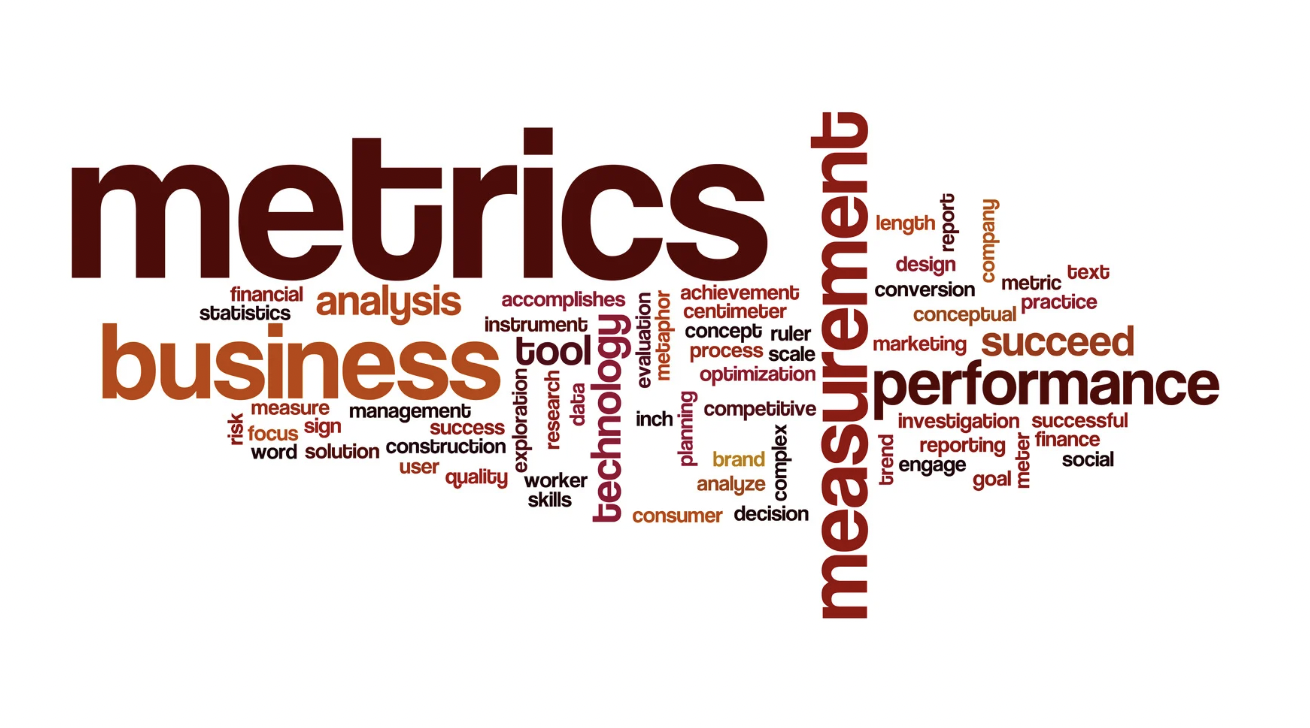Making Your Investment Count: Understanding Consultant Pricing for Fundraising
When embarking on a fundraising campaign, one of the most critical decisions your organization will face is whether to hire a consultant. This decision often raises several questions around…
- Ethical considerations of consulting fees and funds raised
- Return on investment (ROI)
- What pricing model is best
Understanding how pricing works in the fundraising consulting industry is essential for making an informed choice that aligns with your organization’s goals and values.
At Mission Advancement, we have decades of experience guiding nonprofits through successful fundraising campaigns. Our team has not only worked with and guided organizations of all sizes, but we have also been in your shoes, working on the fundraising front lines of nonprofit organizations like yours. We have navigated the fundraising consultant decision and justified the budgetary cost of hiring outside counsel. We understand that choosing the right consultant—and the right pricing model—is a crucial decision, and we’re here to offer the insights and expertise you need to make informed choices.
In this article, we address some of the most frequently asked questions about hiring a fundraising consultant. From the ethics of fee structures to the potential ROI, we’ll provide insights to help you navigate this important decision.
Your FAQs Answered: Demystifying Consultant Pricing:
Why don’t you charge based on how much we are raising?
First, in the fundraising industry, charging fees as a percentage of contributions is considered unethical. The Association of Fundraising Professionals Code of Ethics strongly discourages this practice.
If a consultant is incentivized by a percentage of funds raised, their motivation may shift from prioritizing your organization’s best interests to focusing on their compensation.
While we would like to assume everyone acts with integrity, the potential for bias can arise when personal financial gain is at stake.
Consultants bring experience, wisdom, expertise, and time—meaningful resources that hold intrinsic value regardless of your fundraising goals. This is why organizations with limited budgets or small fundraising targets often find it challenging to engage with consultants.
Remember, hiring a consultant is an investment.
Are fees all-inclusive, or should I expect additional charges?
The short answer: it depends!
It’s a question you should ask any consultant or firm before you formally engage with them.
At Mission Advancement, we adopt an all-inclusive fee structure that covers expenses such as travel, meals, and materials. However, some consultants may charge additional fees for travel or other expenses.
When comparing options, it’s crucial to ask this question upfront. Otherwise, you will not be comparing apples to apples. If the fee is not all-inclusive, you must clarify what additional costs you can expect to pay. Examples of additional costs include reimbursable charges for travel, campaign collateral design and print, etc.
What kind of ROI should I expect when working with a fundraising consultant?
Again, it depends.
Consultants offer a variety of services, some of which will yield an expected ROI, while others may not. For instance, developing a strategic plan and providing board training are valuable long-term investments but may not have an immediate ROI (though it’s possible!).
In capital campaigns, however, the ROI should be significant. Many experts in the field agree that capital campaign costs should remain within 10% of the overall fundraising target. For example, if you aim to raise $1 million, a $100,000 investment is reasonable — making it one of the most cost-effective fundraising strategies. Consider how much you spend on your annual gala and compare it to the return. It’s likely much lower than 90%.
Raising capital can be a mission-altering event. Investing in expertise that enhances your chances of success can have a lasting impact on your organization.
A question we often pose to potential clients is: “Do you believe we can help you raise more than you could without outside consultation? And is that amount at least as much as you will spend in consulting fees?”
If the answer is yes, and your expenses are within the 10% guideline, then the ROI makes sense.
How much does a fundraising consultant cost?
The short answer is: It depends!
The cost of hiring a fundraising consultant varies based on the scope of services, the consultant’s expertise, and the pricing model used.
Below are the most common pricing models used by consulting firms, along with examples of when each is best suited and general price ranges for various fundraising services.
1. Hourly Rates
Definition: Consultants charge based on the number of hours they work on your project.
When It’s Best: Ideal for short-term or one-time services, such as training sessions, strategic planning meetings, or specific advisory tasks.
Example: If you need a consultant to conduct a series of board training workshops, an hourly rate might be appropriate. For instance, a consultant might charge $150 per hour, and a 10-hour training project would total $1,500. Hourly rates will vary depending on the expertise you are getting. It’s reasonable to have an expectation of time and a “low/high” range for a short-term project.
2. Project-Based Fees
Definition: A fixed fee is agreed upon for completing a specific project with defined deliverables and timelines.
When It’s Best: Best for well-defined projects with clear objectives and outcomes, such as launching a new fundraising initiative or executing a capital campaign.
Example: Developing and executing a capital campaign strategy might cost between $200,000 and $500,000 over the life of the campaign and depending on the campaign’s complexity and duration. The cost of campaign counsel should be part of the campaign budget and considered a campaign cost. If you are raising $2 million or more, a consultant or firm is a viable option that can bring you great value and return.
For smaller or shorter-term projects, like training and/or short-term planning $2,500-$10,000 is a reasonable fee range. A reasonable range for longer-term projects, including long-range planning or training, where the engagement stretches beyond 1 – 3 months, is $10,000 – $50,000.
3. Retainer Fees
Definition: A fixed monthly fee is paid to retain the consultant’s services over a set period, ensuring their availability as needed.
When It’s Best: Suitable for ongoing support and continuous collaboration, such as long-term fundraising support or ongoing grant or campaign management.
Example: An organization seeking ongoing fundraising support with their annual strategy and messaging might retain a consultant for $5,000 per month to provide continuous guidance, monitor progress, and make adjustments as needed.
4. Value-Based Pricing
Definition: Fees are based on the value delivered rather than the time or resources invested. This model ties the consultant’s compensation to the achievement of specific, non-financial outcomes.
When It’s Best: Ideal for projects where the desired outcomes are clearly defined, and both parties agree on the value of achieving those outcomes.
Example: A consultant might be engaged to overhaul an organization’s donor engagement strategy, with the goal of improving donor retention by 20% over a year. The fee is tied to the value of improving donor relationships and retention, rather than a percentage of funds raised. The value of this outcome, such as enhanced long-term donor loyalty and increased lifetime giving, justifies the investment.
Choosing the Right Pricing Model for Your Organization
Monthly retainers or project-based fees are the more common pricing models you will see with individual consultants and firms. Selecting the appropriate pricing model depends on your organization’s specific needs, budget, and the scope of the project. When considering these fees, you should look at the big picture expectations and outcomes of the project as opposed to just the monthly cost.
- What are you expecting at the conclusion of the engagement?
- What does success look like?
- Is the total fee and expected timeline reasonable for your organizational goals
- Is budget predictability an important consideration for your organization?
Can’t the Development Director and/or Executive Director manage a campaign? Isn’t that why we pay development staff?
Maybe!
Some organizations have the experience and bandwidth to manage campaigns without outside help. Some even hire full-time staff specifically for this purpose – to manage capital campaigns.
However, most nonprofit organizations lack the necessary campaign experience, a proven methodology, and, most critically, time.
Your staff members are already performing full-time roles. A capital campaign, regardless of its size, is a major undertaking. Unless you have team members with significant experience leading campaigns for other organizations, this could become an overwhelming project without a clear path and strategy.
We’ve seen many organizations attempt to start a campaign independently, only to find themselves disappointed with the results a year or two later. Often, the messaging and approach to donors has failed, leaving the organization stuck.
Starting over can be painful and costly. Donor trust and confidence erodes, and in many cases, organizations end up shouldering significant debt. A fundraising consultant provides the plan, methodology, and accountability to ensure a reasonable timeline—key elements that help avoid negative outcomes for your organization.
For more on what a consultant brings to your capital campaign, read the first article in this pricing series: What are you paying for when you hire a consultant?
Does the fee we pay our fundraising consultant ensure they bring us new donors?
The short answer is no.
Consider the implications if a consultant were to “bring you donors.” Where would those relationships come from?
Likely, other organizations, i.e. other nonprofits that are clients of the consultant.
If this practice were acceptable, it’s reasonable to assume that the same consultant could introduce your donors to other organizations in the future.
A consultant’s knowledge of the local fundraising landscape and individual donors can be valuable in guiding your efforts around donor interests and affiliations. However, you should expect your consultant to honor the same confidentiality with your donors and project as you do. Ultimately, no one can predict how your donors will respond to your campaign, regardless of their past behavior with other organizations.
The Bottom Line: Investing Wisely in Your Fundraising Consultant
Hiring a fundraising consultant is a significant investment, but one that can pay off in terms of campaign success, donor trust, and long-term organizational growth.
By understanding the ethical standards, fee structures, and potential ROI, you can make an informed decision that aligns with your organization’s mission and goals.
At Mission Advancement, we’re committed to providing transparent, all-inclusive pricing and proven methodologies that support your fundraising efforts. Whether your project calls for hourly, project-based or retainer pricing, we tailor our services to meet your unique needs and ensure your investment in our services drives meaningful, sustainable and transformational results.
If you’re considering hiring a consultant for your next campaign, we’re here to answer any additional questions you may have and help you make the best, most informed decision to meet your organization’s needs. Chat with a consultant today.



